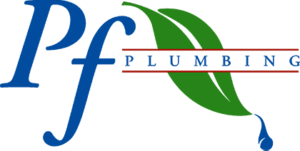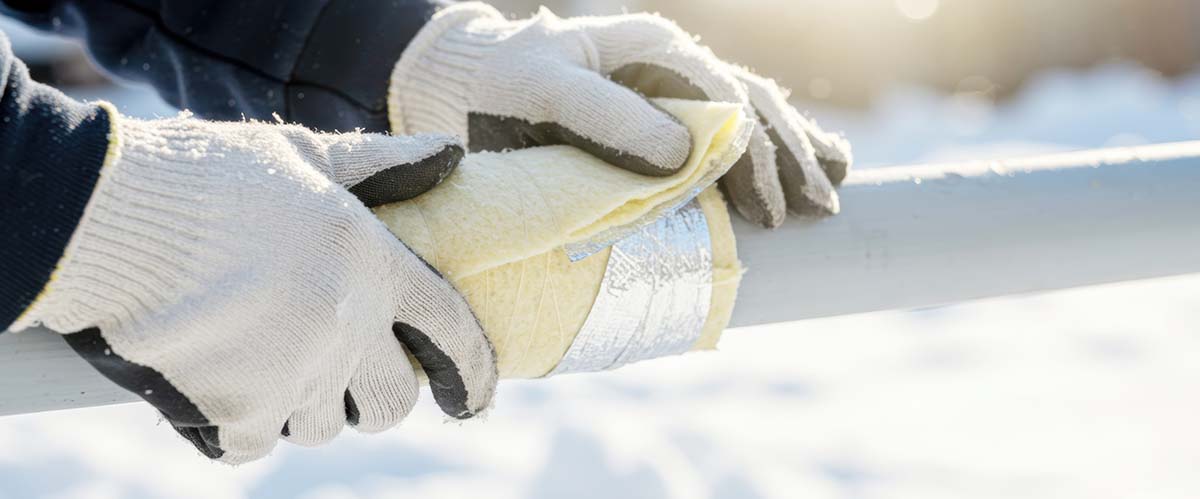Autumn in Winston-Salem brings crisp nights, cooler mornings, and lingering warm afternoons. For homeowners, this season signals a transition period where your plumbing system begins to face new challenges. While winterizing is often associated with snow and freezing temperatures, the reality is that fall is the ideal time to prepare your plumbing. By addressing potential issues now, you can prevent costly repairs, water damage, and emergency plumbing situations when the first hard freeze arrives.
This article provides a detailed, local fall plumbing checklist specifically for Winston-Salem residents, offering actionable steps to protect your pipes, water heater, and other critical plumbing systems before the colder months set in.
Why Fall Plumbing Maintenance Matters in Winston-Salem
Winston-Salem experiences a humid subtropical climate, meaning warm summers, mild winters, and occasionally freezing temperatures during late fall. This climate can stress your plumbing in several ways:
- Pipes expand and contract with temperature changes, increasing the risk of leaks or cracks.
- Older homes may have aging piping systems that are more vulnerable to cold air and seasonal shifts.
- Outdoor plumbing, including hose bibs, irrigation lines, and sprinkler systems, may still contain water from summer use, which can freeze during cool nights.
By performing fall plumbing maintenance, homeowners can catch minor problems before they escalate, maintain system efficiency, and ensure a comfortable and safe home throughout the season.
The 7-Point Fall Plumbing Checklist
1. Inspect and Insulate Exposed Pipes
Begin with a thorough inspection of all visible water pipes, including those in basements, crawl spaces, attics, garages, and exterior walls. Pipes exposed to cold drafts are especially at risk of freezing or cracking.
Tips for pipe insulation:
- Use foam sleeves, pipe wrap, or insulation tape on vulnerable pipes.
- Consider heat tape or cable for particularly exposed pipes.
- Pay special attention to older metal pipes, such as galvanized steel or cast iron.
Even simple insulation can prevent burst pipes, which are not only inconvenient but often result in costly water damage.
2. Drain and Disconnect Outdoor Hoses and Spigots
As the weather cools, it’s crucial to prepare your outdoor plumbing:
- Disconnect garden hoses from spigots and drain them completely.
- Turn off exterior water supply valves if your system allows.
- Cover spigots with insulated faucet covers for extra protection.
Water left in hoses or spigots can freeze overnight, causing cracks and leaks. Preventing this issue now saves time, money, and hassle later.
3. Check Your Water Heater
With cooler weather approaching, your water heater will see increased usage. Maintaining it in the fall ensures consistent hot water and prevents unexpected breakdowns:
- Flush the tank to remove sediment buildup.
- Test the temperature and pressure (T&P) relief valve.
- Verify the thermostat is set to a safe, efficient temperature—120°F is ideal.
- Schedule a professional inspection if your unit is older than 8–10 years.
Regular maintenance for your water heater improves energy efficiency, extends lifespan, and reduces the likelihood of leaks or failures during winter.
4. Clear Drains and Laundry Lines
Fall brings leaves, debris, and yard maintenance that can clog drains:
- Inspect and clear floor drains, sinks, and laundry room lines.
- Remove leaves and debris from outdoor drainage systems.
- Use drain strainers in sinks and tubs to prevent hair or dirt from blocking pipes.
Slow or blocked drains are easier to address in the fall, before winter weather makes problems more severe and access more difficult.
5. Inspect and Seal Gaps Around Plumbing Penetrations
Gaps around pipes where they pass through walls, floors, or foundations can allow cold air and moisture to reach your plumbing:
- Seal gaps with caulk or foam around all interior and exterior penetrations.
- Inspect areas near crawl spaces, basements, and utility closets.
Sealing these areas not only protects your plumbing from freezing, it also enhances home energy efficiency, keeping your house warmer and reducing heating costs.
6. Check Sump Pumps and Drainage Systems
If your Winston-Salem home has a basement or crawl space, proper drainage is essential:
- Test your sump pump to ensure it activates and drains water properly.
- Clear debris from drains and sump pit.
- Inspect foundation drains for clogs or damage.
Preventative maintenance now helps avoid flooding and water damage during late fall and winter rains.
7. Schedule a Professional Plumbing Inspection
Even if your plumbing appears to be in good shape, a licensed plumber can:
- Detect hidden leaks, corrosion, or weak points in pipes.
- Inspect your water heater, outdoor plumbing, and other critical systems.
- Provide recommendations for repairs or preventative upgrades.
Scheduling an inspection in the fall is a smart, cost-effective step to reduce emergency repairs and ensure your home is ready for colder months.
Common Fall Plumbing Issues in Winston-Salem
Here are a few issues homeowners often encounter if fall prep is neglected:
- Leaky faucets or dripping traps due to contracting pipes.
- Slow drains or backups caused by debris or sediment.
- Outdoor spigot and hose line issues from freezing water.
- Insufficient insulation leading to frozen pipes overnight.
- Sump pump failures or drainage blockages.
Being proactive now can prevent these common issues and keep your home safe and functional.
Fall is the ideal season for plumbing maintenance in Winston-Salem. By following this checklist, you can:
- Reduce emergency plumbing repairs.
- Protect your home from water damage.
- Improve energy efficiency and overall comfort.
- Extend the lifespan of your plumbing system.
Don’t wait for the first freezing night to reveal problems. Use the mild fall weather to inspect, maintain, and protect your plumbing system — it’s a small effort that saves significant time, money, and stress.

